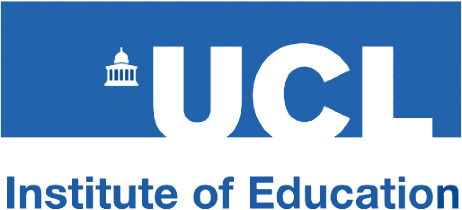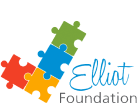- Home
- Teaching & Learning
- Foundation Stage
- Early Years Curriculum
Early Years Curriculum
Our EYFS curriculum builds on the early experiences your child has had with you at home and teaches them the skills and knowledge as set out in the Early Years Foundation Stage framework.
Play is at the heart of our curriculum: We believe play, indoors and outdoors, is vital for children’s wellbeing, learning, and development. As well as being fun, it gives them a vehicle to creatively explore their environment. Through open-ended play, children discover more about themselves and the world, gaining confidence to experiment, take risks, and learn without fear of failure.
Through play, children combine what they already know and explore it in new ways, deepening their understanding. By exploring open-ended resources, engaging with others, and experimenting with ideas, they build mastery, strengthen skills, and develop creativity and confidence.
At Childs Hill we carefully plan opportunities for our children to explore and develop an understanding of the world in which they live. Through observations and conversations we use our knowledge of the children to support and challenge their learning and interests.
The Early Years curriculum is divided into three Prime Areas of learning and development and four Specific Areas. The Prime Areas are fundamental, work together and go on to support learning and development in the Specific Areas. The Specific Areas include essential skills and knowledge for children to participate successfully in society.
Good Level of Development
This booklet provides information for parents and carers on the end of year expectations for children in our school.
The Early Learning Goals (ELGs) cover 7 areas of learning that are covered in EYFS. There are three prime areas which are important for learning and forming relationships. They build a foundation for children to thrive and provide the basis for learning in all areas. There are also four specific areas, which help strengthen and develop the three prime areas, and ignite children’s curiosity and enthusiasm.
Children are defined as having reached a Good Level of Development (GLD) at the end of the EYFS if they have achieved the expected level for the ELGs in the prime areas of learning and the specific areas of mathematics and literacy.



